Mavic 2 Pro/Zoom User Manual
Gimbal and Camera
Gimbal
The Mavic 2 Pro/Zoom 3-axis gimbal provides stabilization for the camera, allowing you to capture clear
and stable images and video. The gimbal has a tilt range of -90˚ to +30˚. Gimbal settings such as Gimbal
Mode and Gimbal Auto Calibration can be selected by tapping .
Use the gimbal dial on the remote controller to control the camera’s tilt. Alternatively, enter Camera View
in DJI GO 4. Press the screen until a blue circle appears and drag the circle up and down to control
camera tilt. Dragging the circle left and right controls the aircraft’s orientation.
Gimbal Operation Modes
Two gimbal operation modes are available. Switch between the different operation modes on the
camera settings page of DJI GO 4.
Follow Mode: The angle between the gimbal’s orientation and aircraft’s nose remains constant at all
times.
FPV Mode: The gimbal synchronizes with the movement of the aircraft to provide a first-person
perspective flying experience.
When the aircraft is powered on, do not tap or knock the gimbal. To protect the gimbal during
takeoff, always take off from open and flat ground.
Precision elements in the gimbal may be damaged in a collision or impact, which may cause the
gimbal to function abnormally.
Avoid getting dust or sand on the gimbal, especially in the gimbal motors.
A gimbal motor error may occur in the following situations:
a. The aircraft is on uneven ground or the gimbal’s motion is obstructed.
b. The gimbal experiences excessive external force, such as during a collision.
DO NOT apply external force to the gimbal after the gimbal is powered on. DO NOT add any
extra payload to the gimbal as this may cause the gimbal to function abnormally or even lead to
permanent motor damage.
Make sure to remove the gimbal cover before powering on the aircraft. Also, make sure to mount
the gimbal cover when the aircraft is not in use.
Flying in heavy fog or clouds may make the gimbal wet, leading to temporary failure. The gimbal
recovers full functionality once it dries.
Camera
The Mavic 2 Pro uses a 1" CMOS sensor camera (jointly developed by DJI and Hasselblad), which
features a lens with an adjustable aperture with a range of F2.8-F11. The camera supports auto focus,
which can focus at 1 m to infinity. The filters on the camera can also be replaced. The Mavic 2 Pro
camera shoots up to 4K30fps video and 20 MP photos, supports shooting modes such as Single shot,
Burst shooting, Interval, Panorama, Slow motion, and Enhanced HDR.
The Mavic 2 Zoom uses a 1/2.3" CMOS sensor camera, supports 2x optical zoom, and the lens is
24-48 mm (35 mm format equivalent). The camera supports auto focus, which can focus at 0.5 m to
infinity. The camera also supports replacing filters. The Mavic 2 Zoom camera shoots up to 4K30fps
video and 12-megapixel photos, supports shooting modes such as Single shot, Burst shooting, Interval,
Panorama, Slow motion and Enhanced HDR. Mavic 2 Zoom supports 2x optical zoom and 2x digital
zoom when recording video in 1080p24/25/30.
© 2018 DJI All Rights Reserved. 37
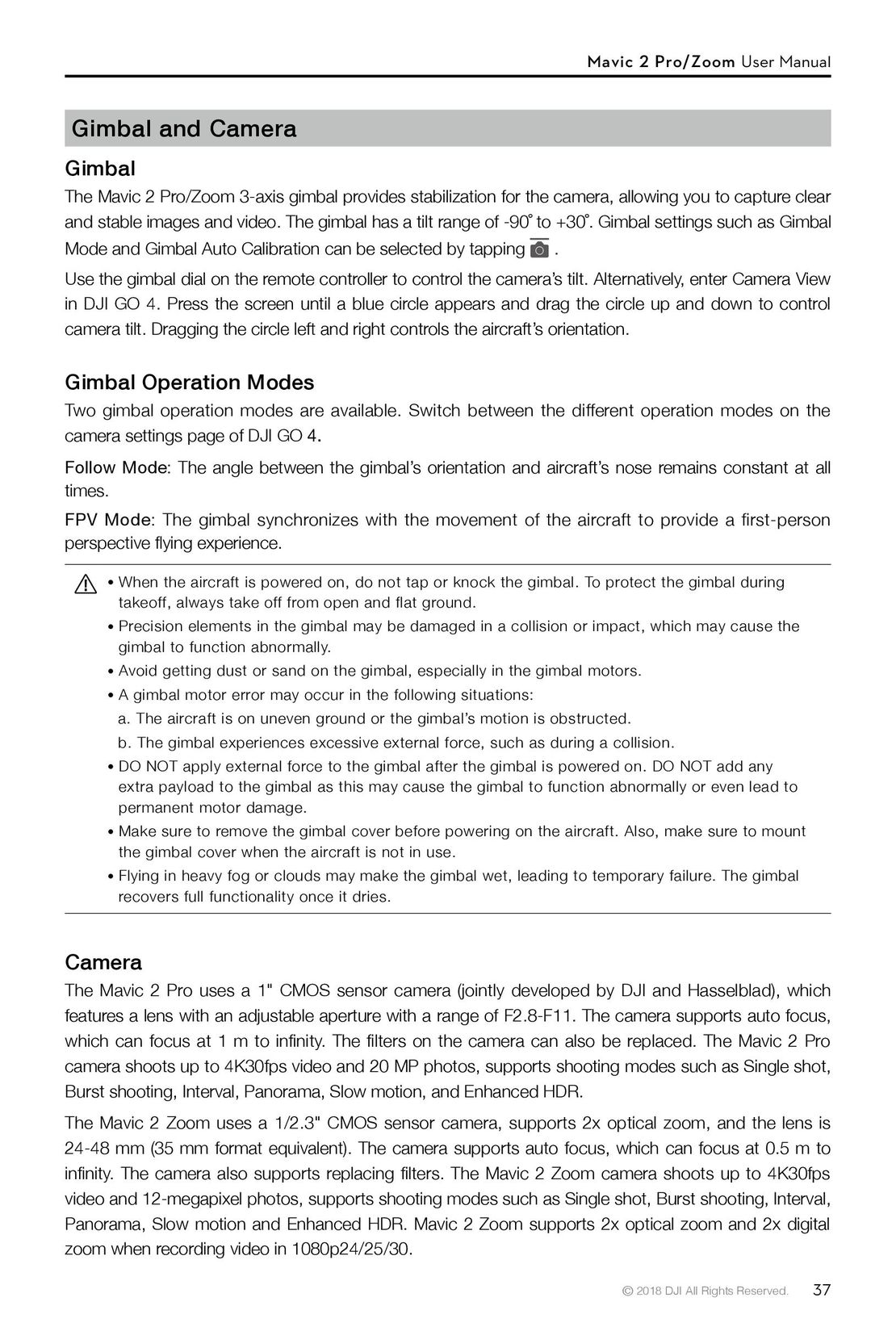
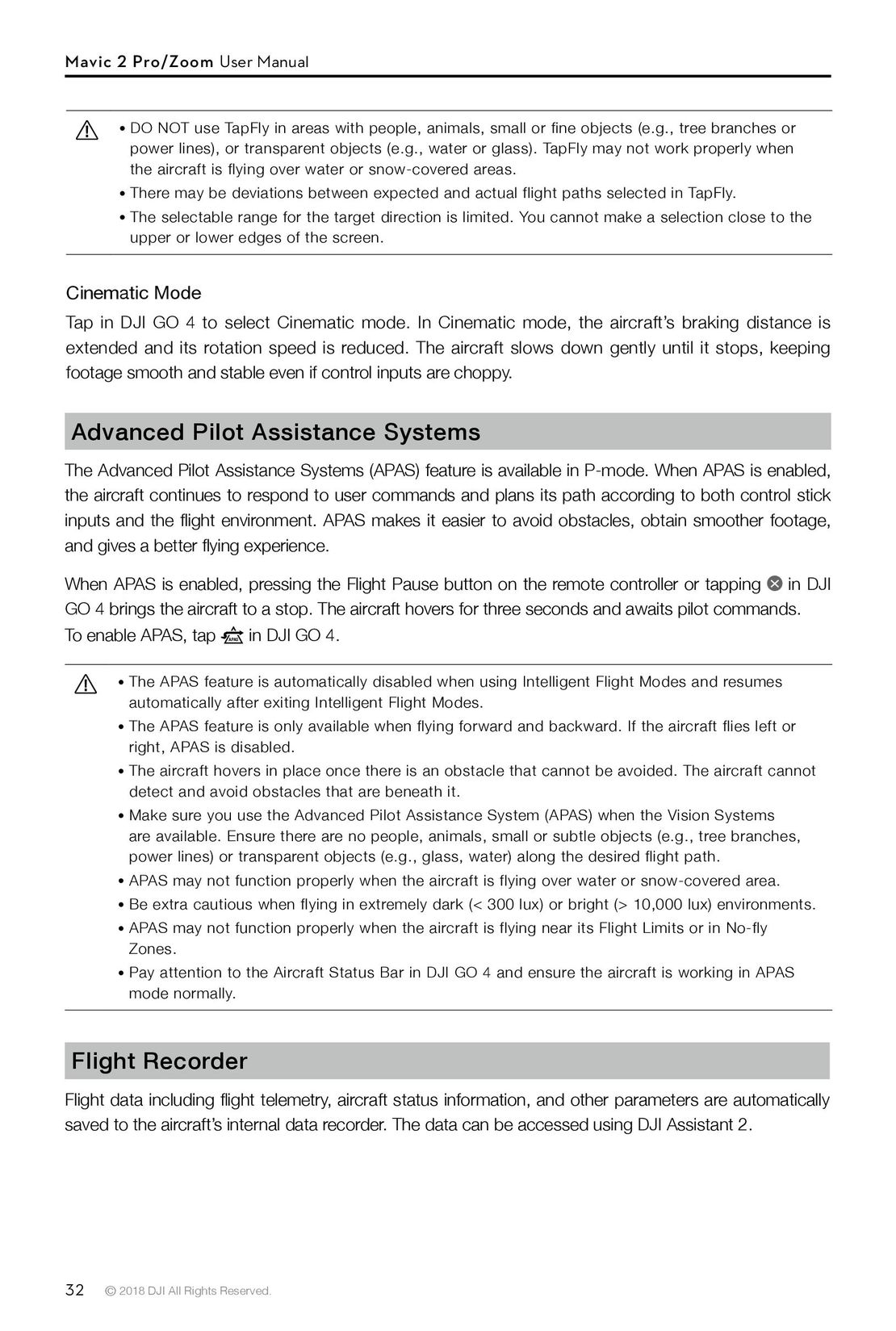 32
32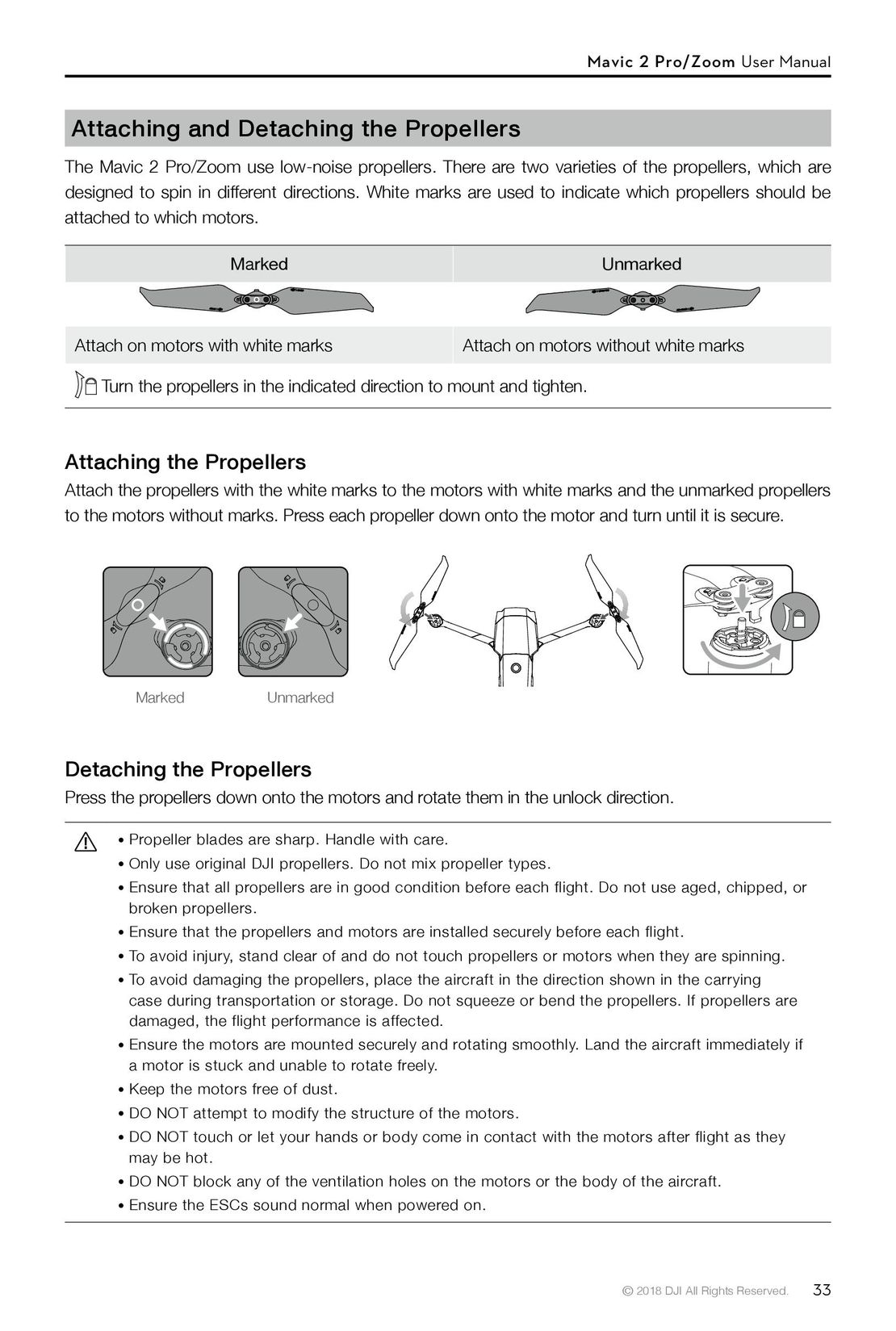 33
33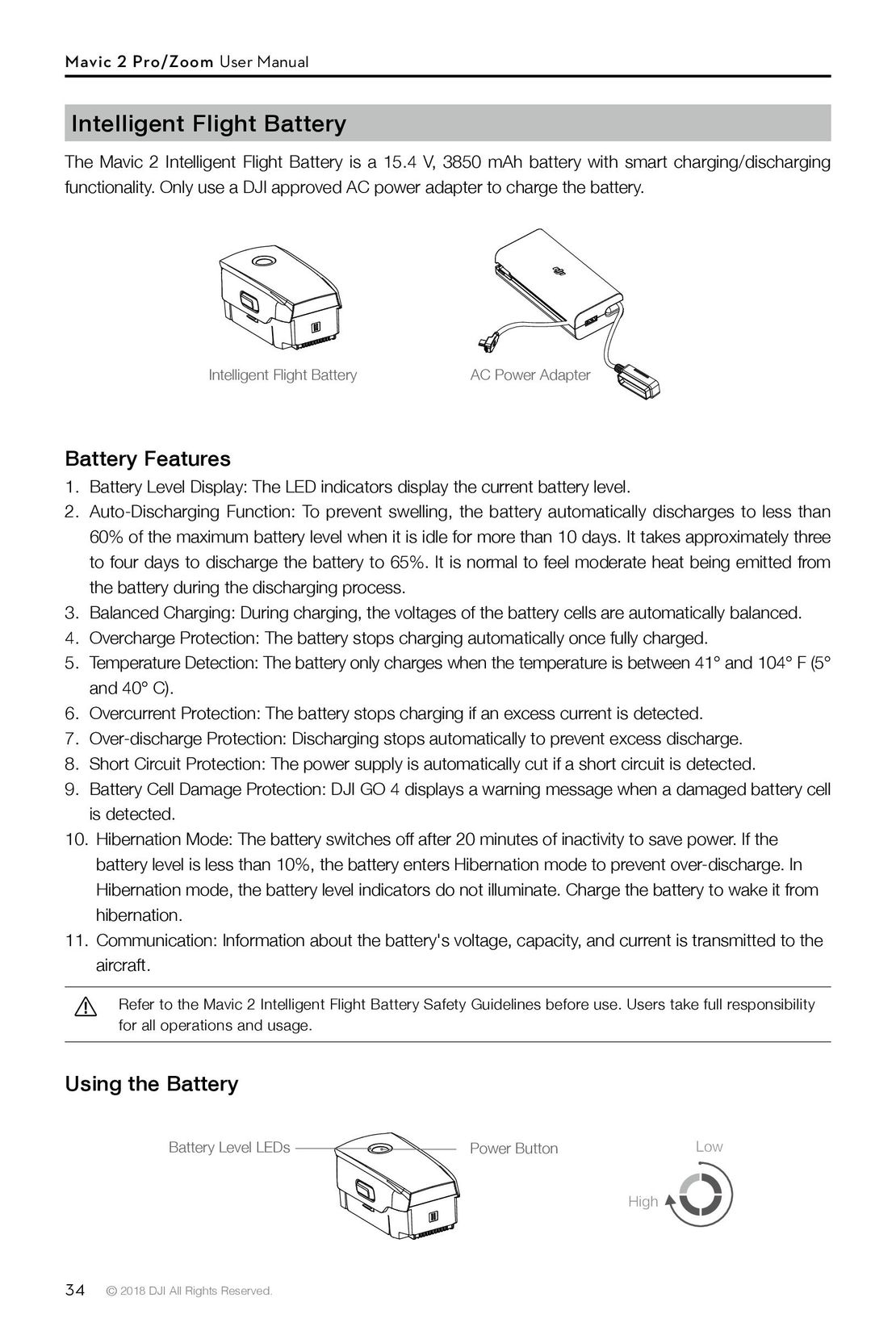 34
34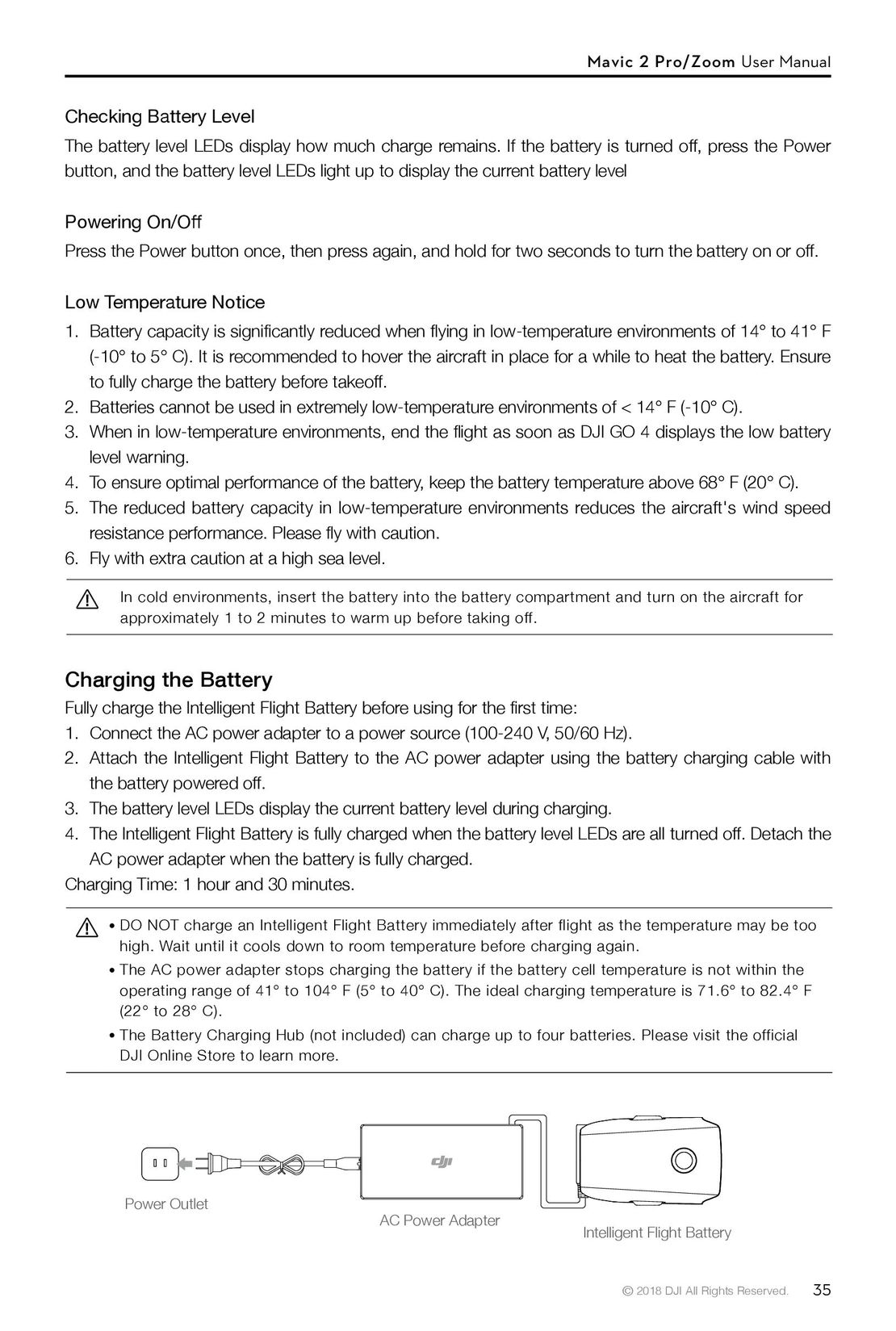 35
35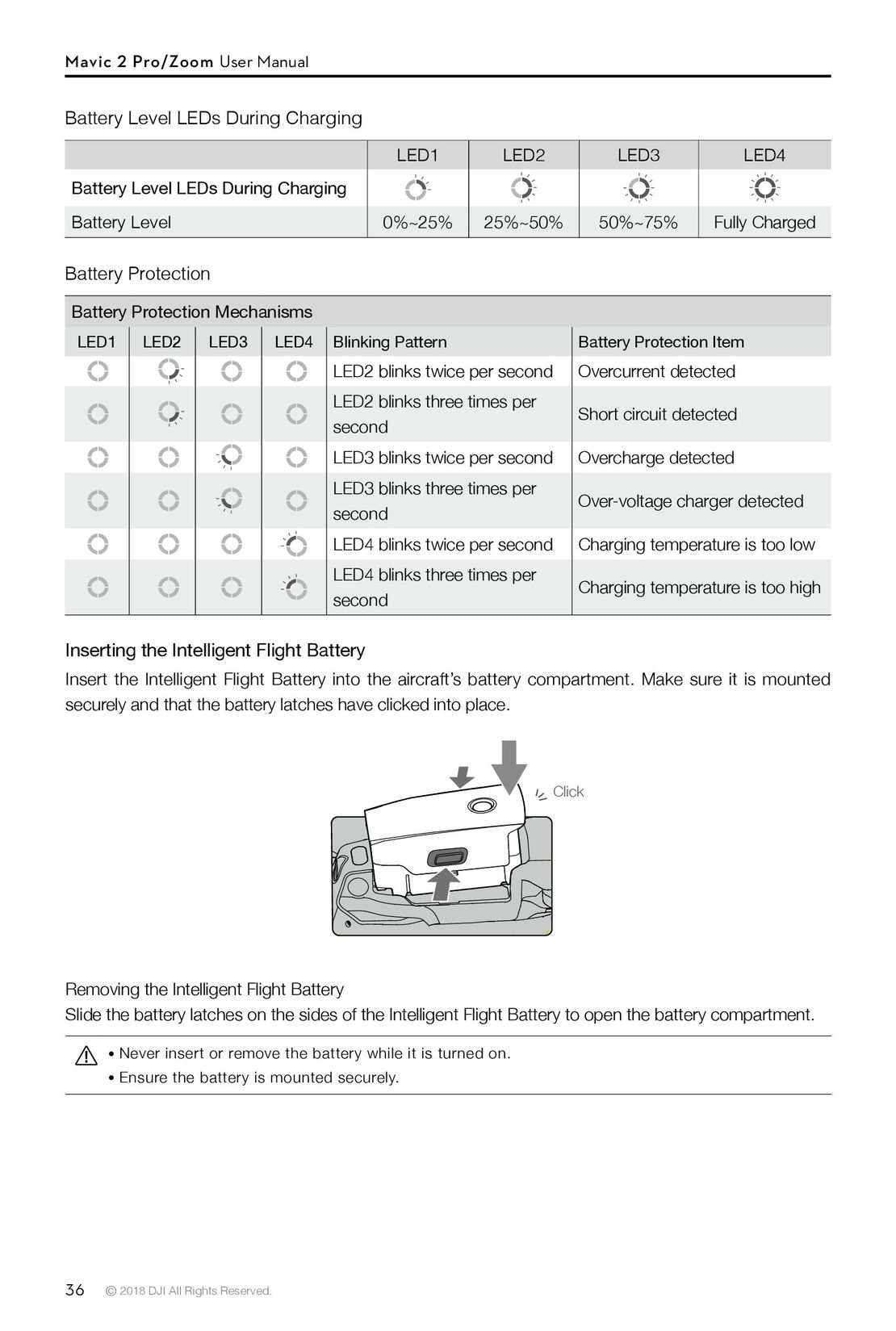 36
36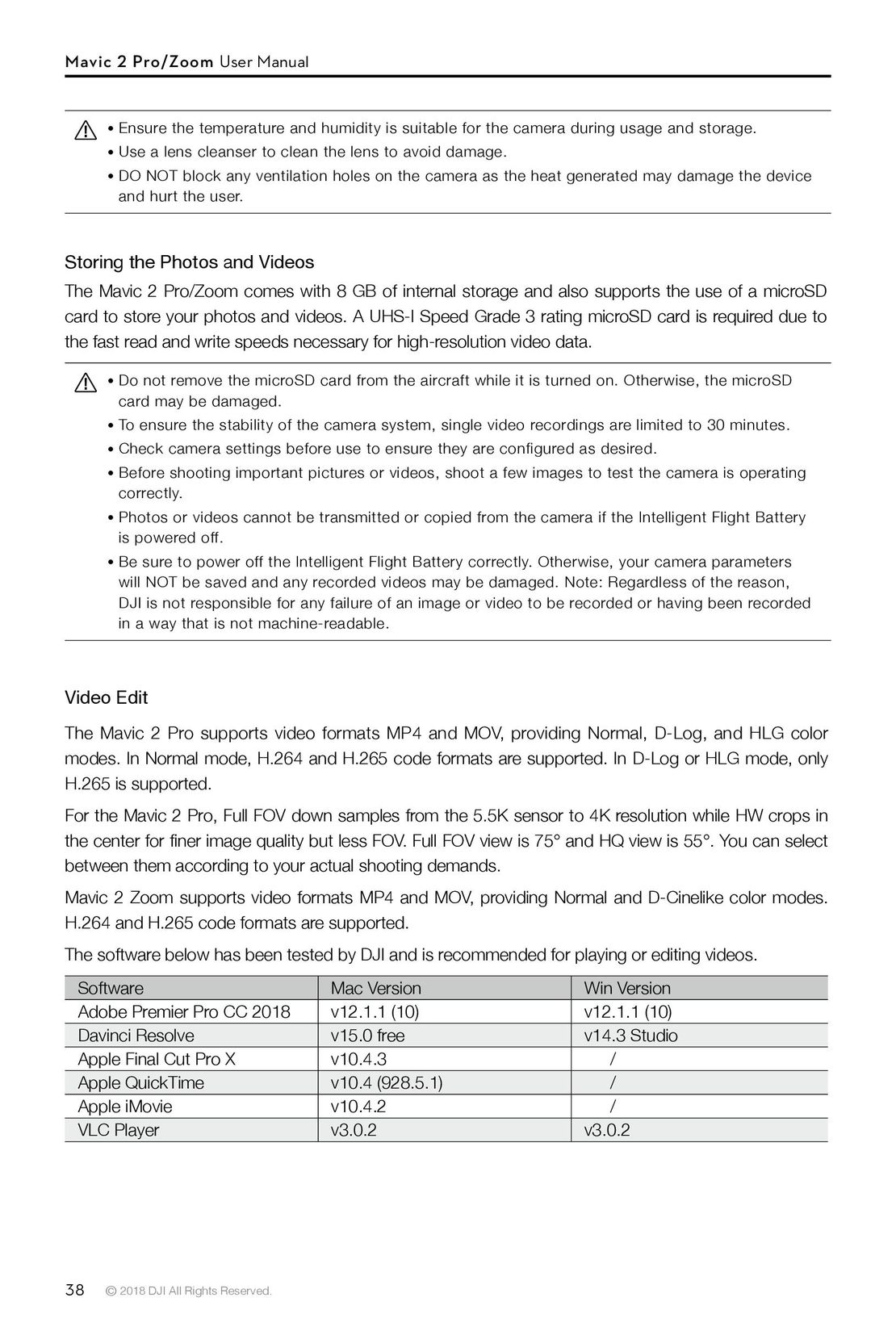 38
38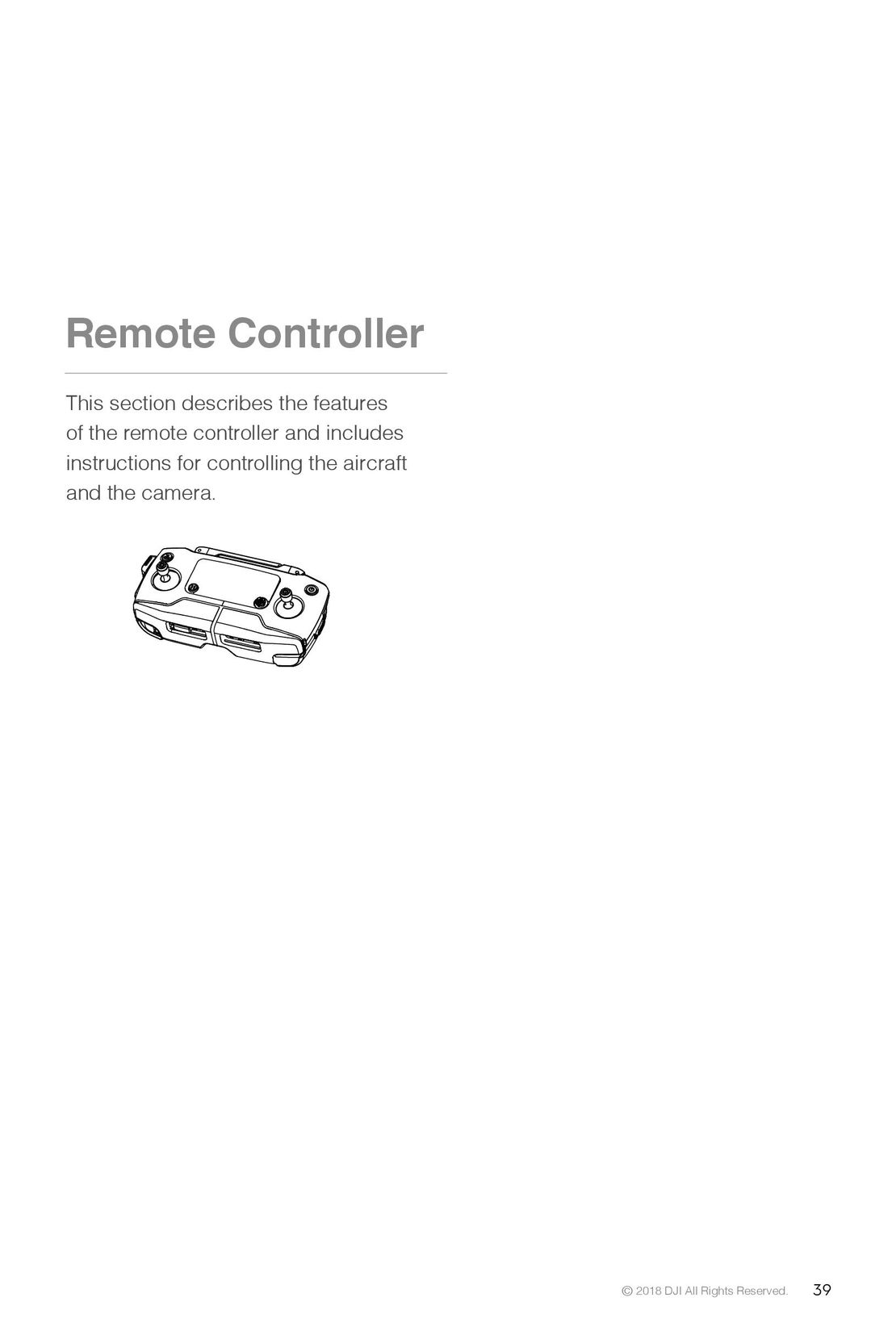 39
39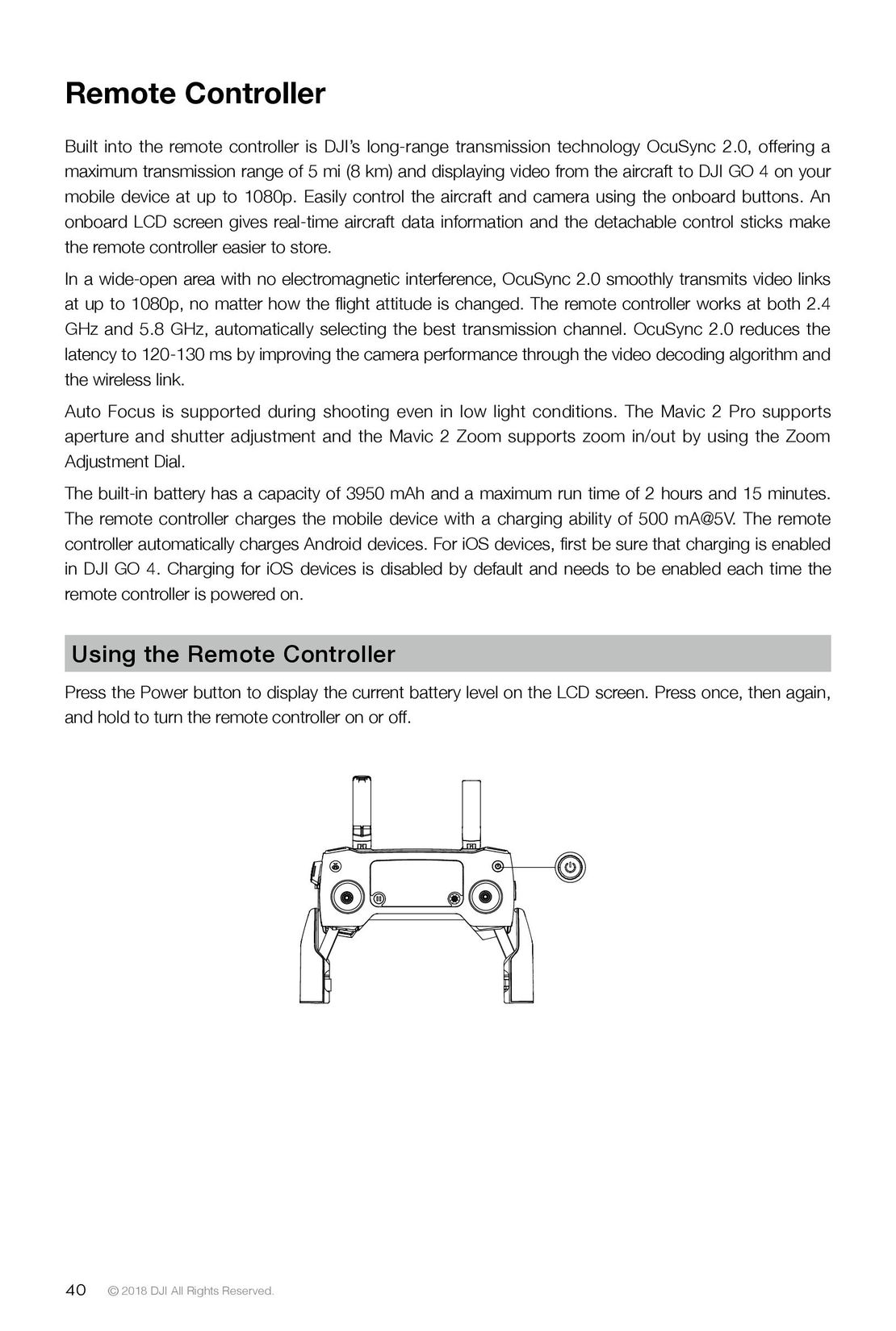 40
40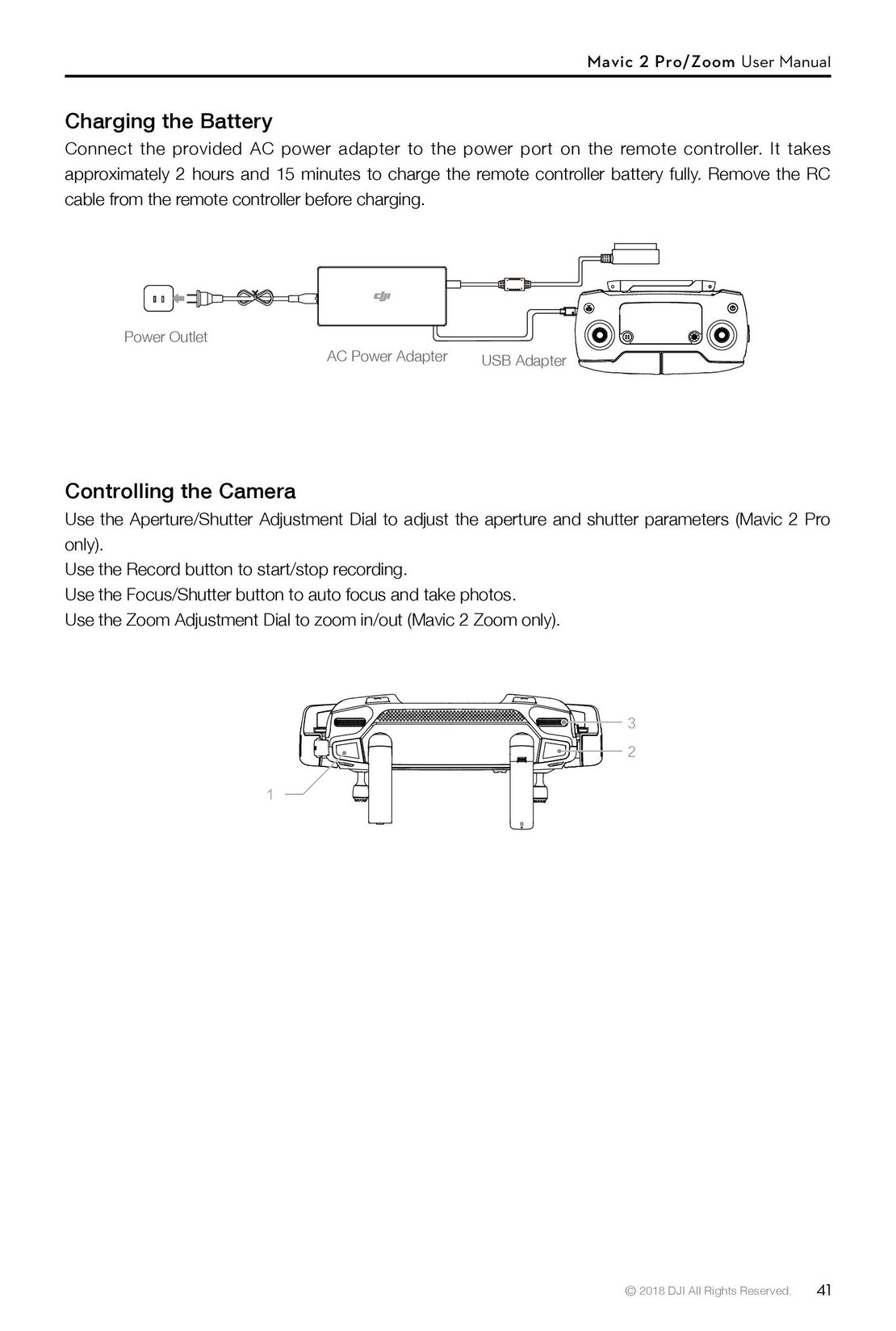 41
41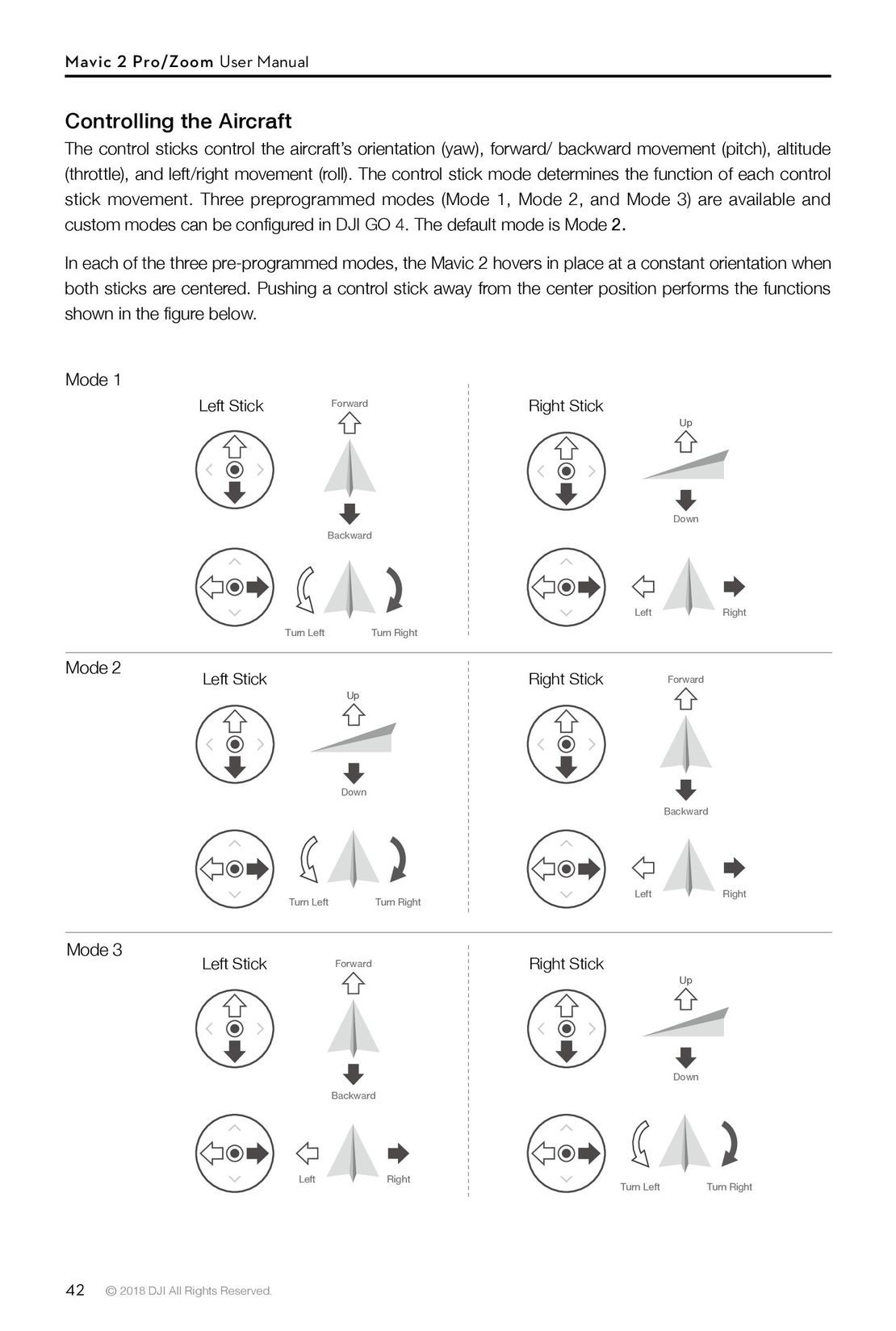 42
42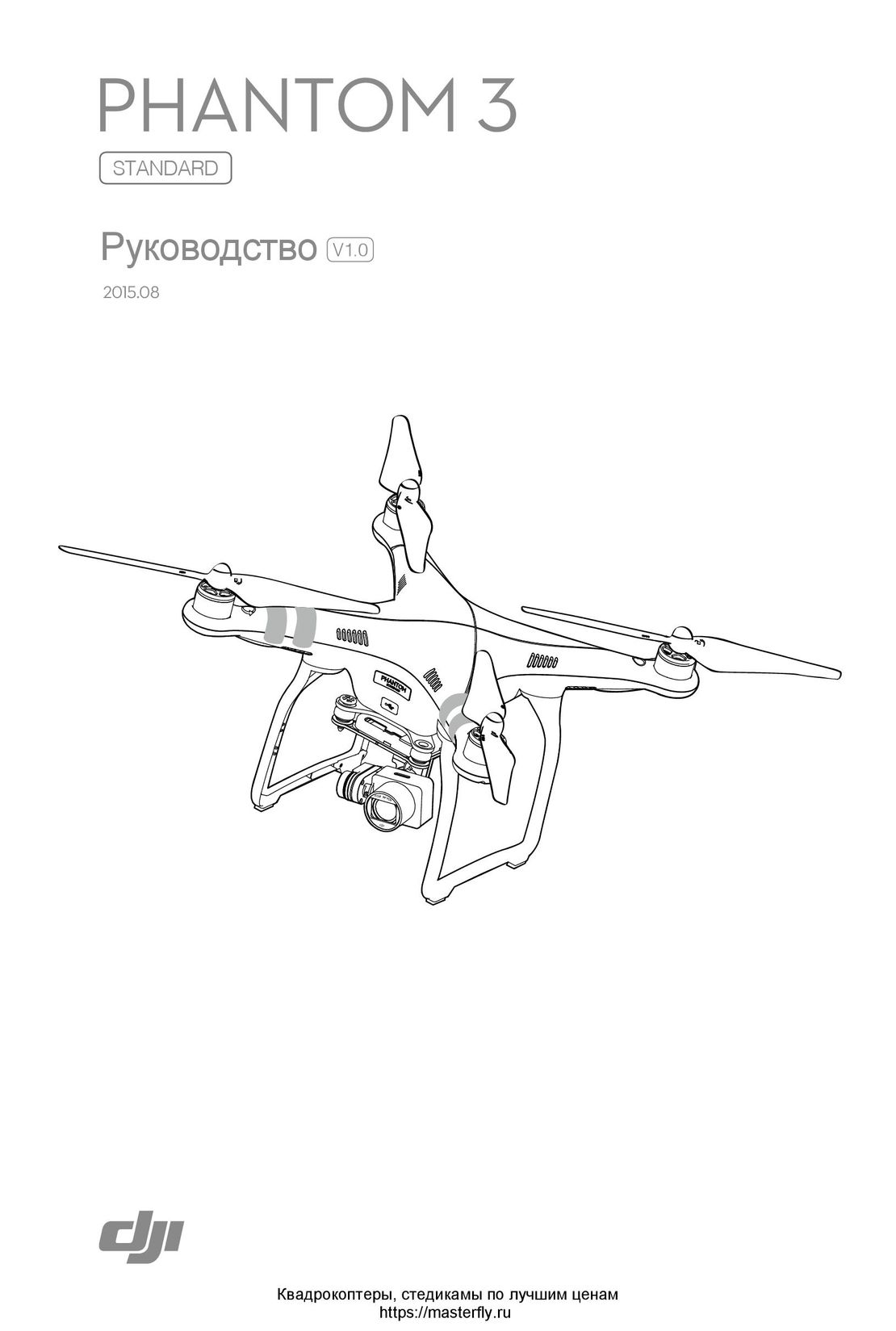 DJI Phantom 3 Standard инструкция на русском
DJI Phantom 3 Standard инструкция на русском DJI Phantom 4 Pro Plus инструкция на русском
DJI Phantom 4 Pro Plus инструкция на русском DJI Phantom 3 Advanced инструкция на русском
DJI Phantom 3 Advanced инструкция на русском Syma X54HW X54HC инструкция на русском
Syma X54HW X54HC инструкция на русском Syma X5UW инструкция на русском
Syma X5UW инструкция на русском DJI Mavic Pro и Pro Platinum инструкция на русском
DJI Mavic Pro и Pro Platinum инструкция на русском